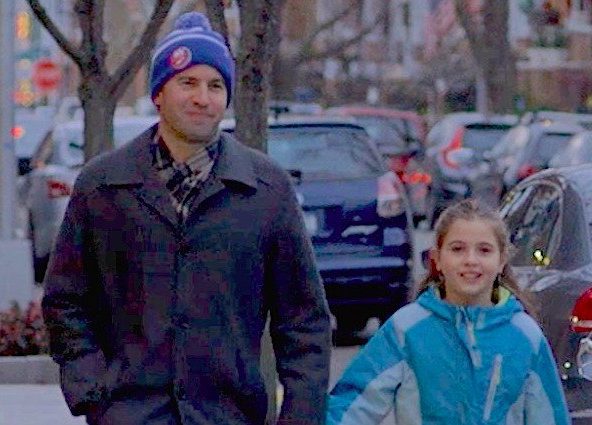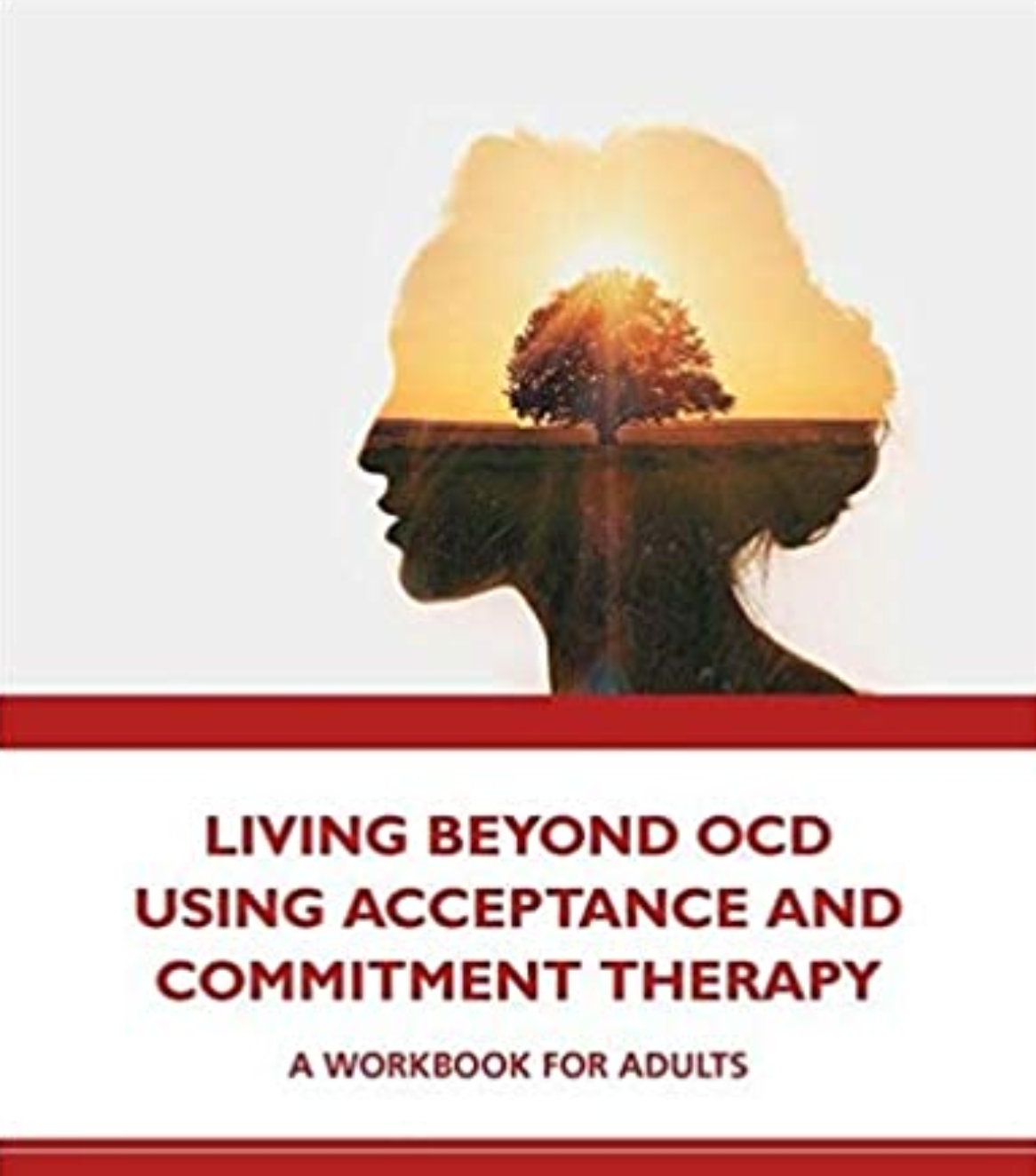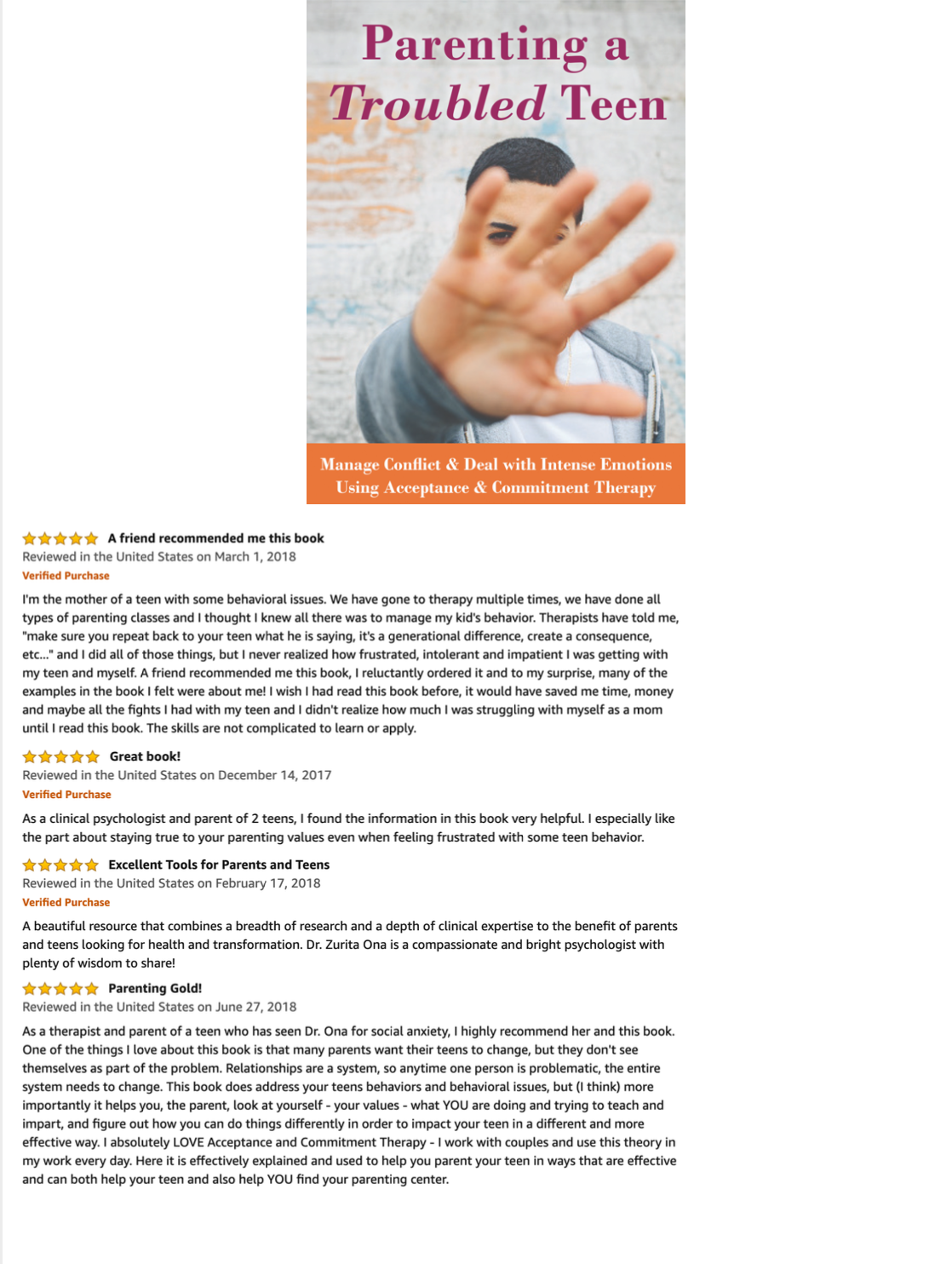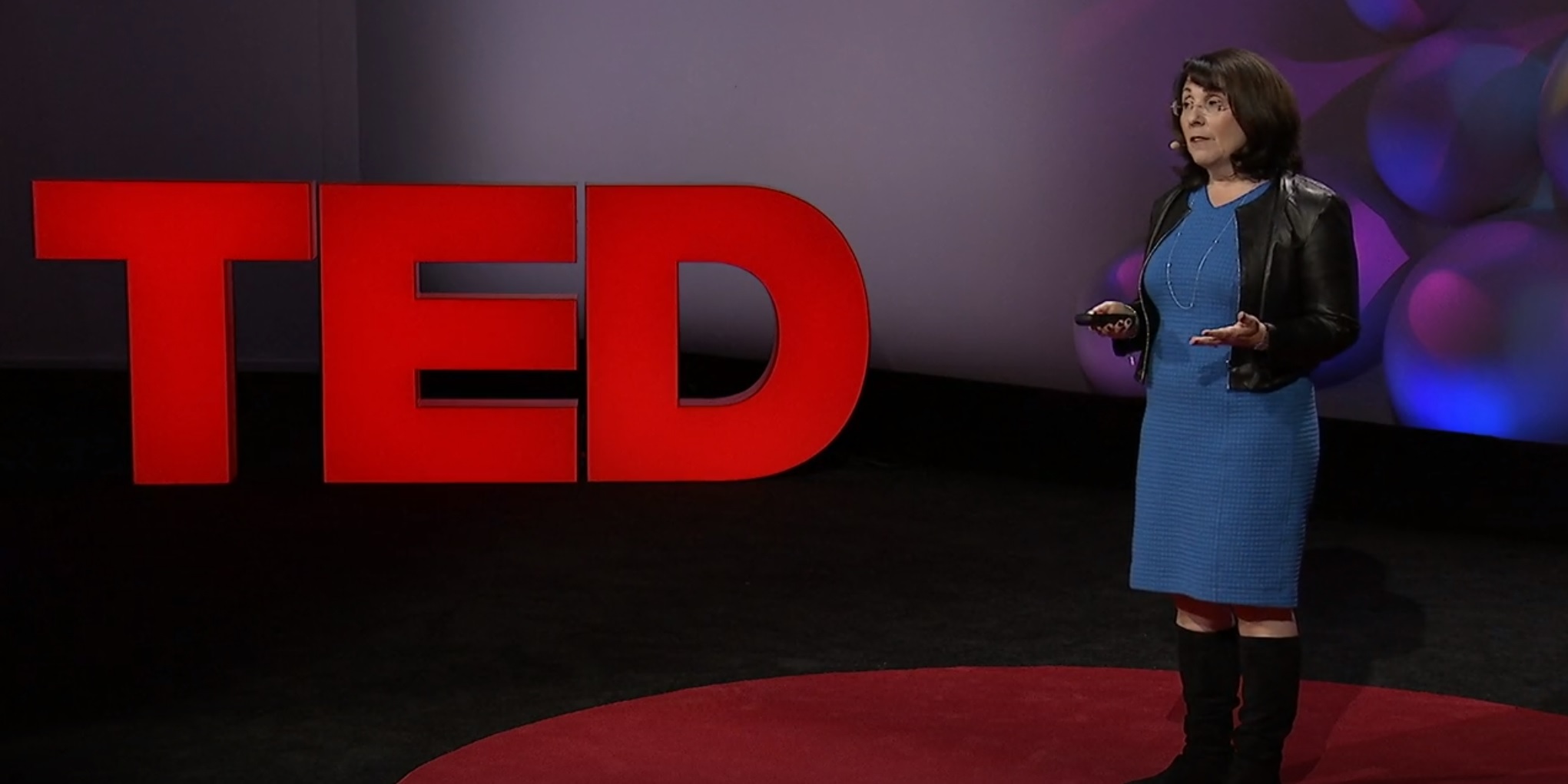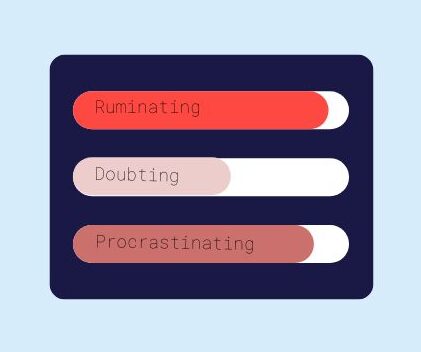(Guest blog written by E.R.)

The following post was written by a teen based on her direct experience with Dialectical Behavior Therapy (DBT). If you are a teen struggling with emotional vulnerability, please read below:
I understand the pain people go through with mental health issues because I went through it; to be honest, everyday was a struggle, especially when I hide away and it seemed like nobody care. I wanted to be alone, though a part of me also wanted help. Living with all those struggles, as many as depression, anxiety, PTSD, bipolar, and an eating disorder, can be hard to live with, and it’s harder when you’re around other people. I’m here to say once you get the support you need, you’ll feel better, even if it’s a long journey you’ll get there, just don’t give up.
A solution to this problem is for everyone to understand the pain that teens go through so they won’t feel alone anymore. Feeling less lonely could help with self confidence and remove self hate. To know that someone is there for support is a big and important part of getting better. From psych central, they mentioned that people with depression find it helpful when others are by their side; they also mentioned the benefits of remind people that thing things could get better. As in, “if you ever need a friend, I’m here”, is a sweet statement and makes the loneliness disappear.
One of the most effective solutions is therapy, a specific type though is DBT. “DBT” stands for Dialectical Behavior Therapy, which is to be shown the most effective way of supporting for teens struggling with emotional vulnerability. In my opinion, there are three main characteristics to DBT that are unique to it: DBT is support-oriented, cognitive-based, and collaborative. You learn different skills when attending DBT groups. For example, in the Mindfulness module you learn about the three states of mind that are used in DBT, which are wise, emotional, and reasonable mind. Most sufferers are either only in emotional or reasonable mind at times. DBT teaches that you can access your wise mind, which is effective and helps you to get better in complex situations.
Some people may say to just give the sufferers medication and they’ll get better. This is not accurate because it doesn’t just take medication for the sufferers to get better. It takes more than one step. Therapy is a significant part of recovery. Please, keep in mind that recovery doesn’t take a short period of time; it usually takes about a few years, or longer.
Once again, I’m here to remind you that once you get the support you need, you’ll get better. Even if the recovery it’s a long journey, you’ll get there. Don’t give up.

